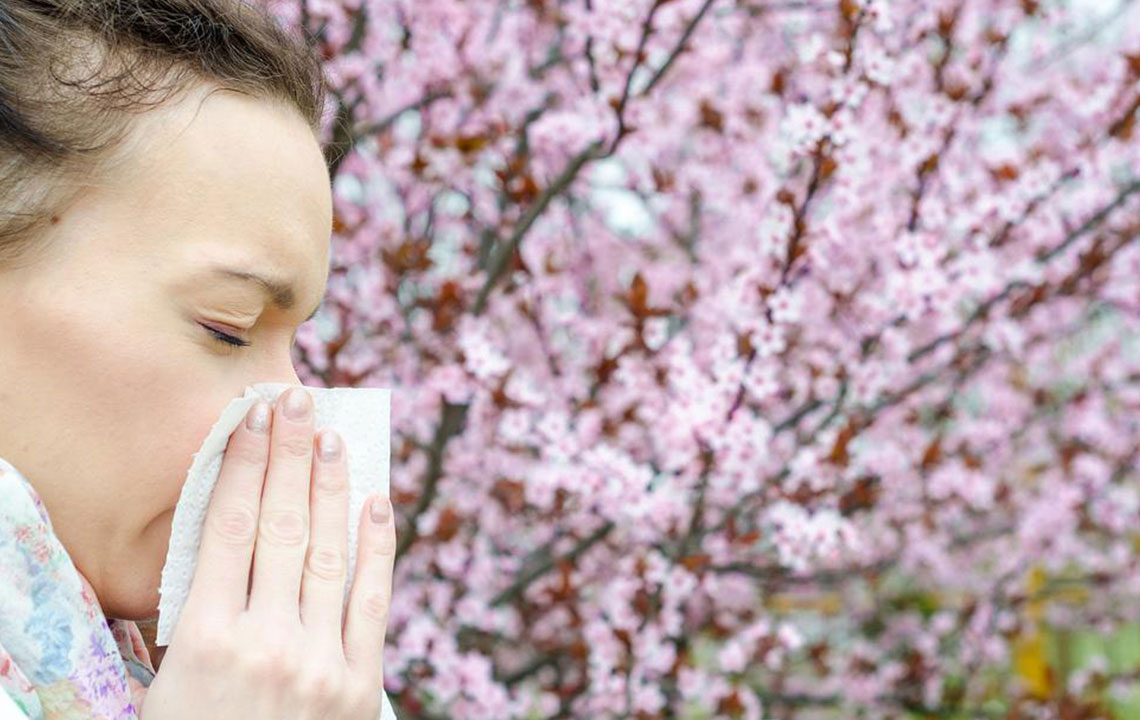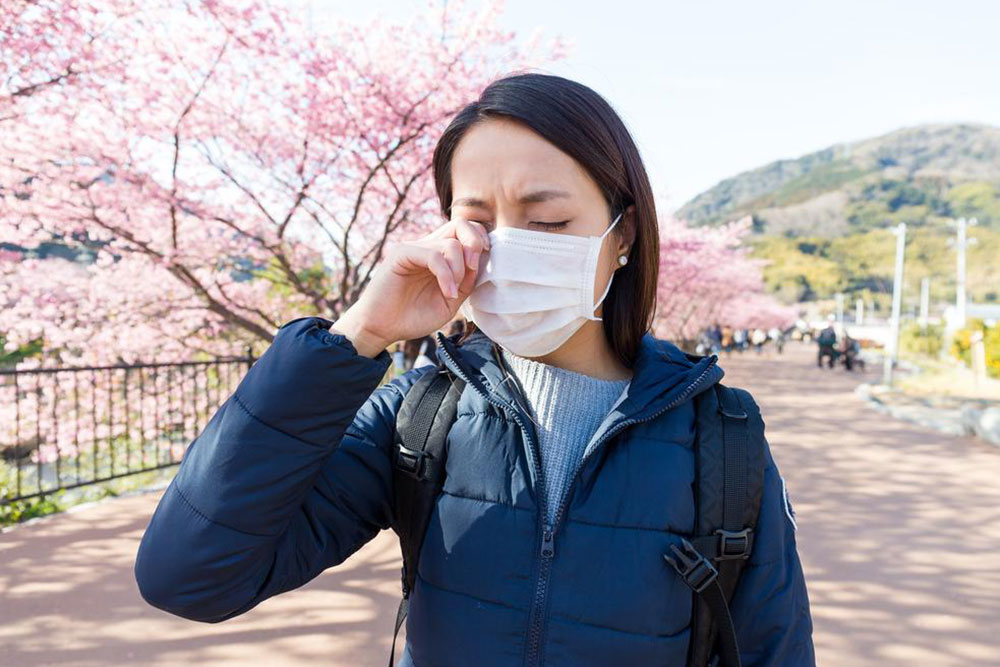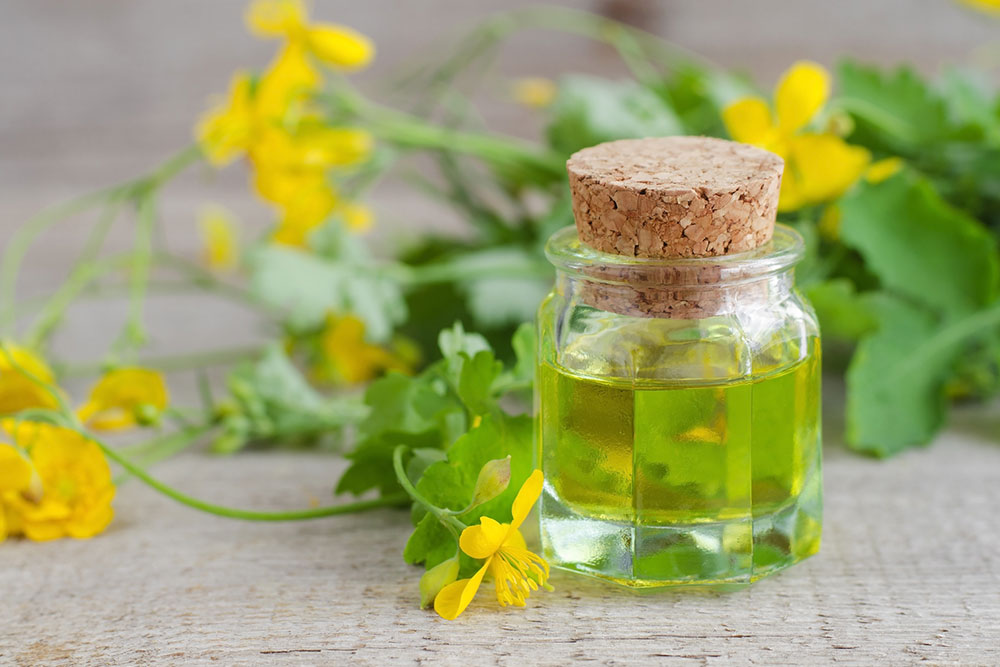Natural and Effective Approaches to Alleviate Seasonal Allergy Symptoms
Discover comprehensive natural strategies to effectively manage seasonal allergies. From herbal supplements to nasal irrigation and lifestyle tips, this guide offers safe and proven methods to reduce allergy symptoms and improve your well-being during allergy seasons. A proactive, holistic approach ensures you breathe easier and enjoy life with greater comfort and confidence.

Natural and Effective Approaches to Alleviate Seasonal Allergy Symptoms
Seasonal allergies can significantly disrupt daily life, causing symptoms such as itchy or watery eyes, nasal congestion, sneezing, and sometimes even fatigue. These allergic reactions are typically triggered by airborne allergens like pollen, mold spores, and certain pollutants. Managing these symptoms effectively requires a combination of proactive measures and natural relief strategies. While over-the-counter medications are commonly used, they may come with side effects, prompting many to seek safer, natural alternatives. Understanding how to strengthen your immune response and reduce exposure to allergens can make allergy seasons more manageable and less uncomfortable.
Adopting a proactive approach before symptoms worsen is crucial. Developing a comprehensive allergy management plan can involve environmental control, dietary modifications, and natural remedies. Keeping your indoor environment clean, utilizing air purifiers, and minimizing exposure during peak pollen times can significantly decrease allergic reactions. Additionally, integrating herbal supplements, nasal rinses, and lifestyle practices can offer effective relief without the risks associated with synthetic medications. This article explores proven natural strategies to combat seasonal allergies, helping sufferers breathe easier and enjoy their seasons with comfort and confidence.
Key Natural Remedies and Strategies for Allergy Relief
Herbal Supplements: Certain herbal supplements have shown promise in alleviating allergy symptoms. For example, pollen extracts, Bromelain (an enzyme from pineapple), Quercetin, and butterbur are widely used as natural antihistamines. Scientific studies suggest that these supplements can help reduce inflammation, decrease sneezing, and improve airflow during allergy seasons. Butterbur, in particular, stands out for its effectiveness without causing drowsiness, making it suitable for daytime use. However, it's essential to consult a healthcare provider before adding supplements to your routine to ensure safety and proper dosage.
Nasal Irrigation: Using saline solutions with neti pots is a traditional and effective method for rinsing nasal passages. This practice helps clear mucus, flush out allergens, and reduce nasal congestion. To prevent infections, only use distilled, sterile, or boiled water when preparing saline irrigation solutions. Regular nasal rinsing can decrease the need for medication and provide immediate relief during allergy flare-ups.
Green Tea: Green tea is rich in natural antioxidants and antihistamines that may help curb allergy symptoms. Drinking several cups of green tea daily, especially before allergy season starts, can help reduce sneezing, congestion, and itchy eyes. Incorporating green tea into your daily routine is a simple, natural, and enjoyable way to support your immune system during allergy season.
Dietary Adjustments and Lifestyle Practices: Maintaining a nutritious diet free from known trigger foods such as dairy or processed sugars can help reduce inflammation. Consuming foods rich in omega-3 fatty acids, antioxidants, and vitamins can strengthen your immune system. Additional holistic practices like acupuncture, yoga, and mindfulness may also contribute to overall well-being and symptom relief.
Additional Tips for Handling Allergies: Besides supplements and diet, comprehensive allergy management includes monitoring pollen forecasts, staying indoors during high pollen count days, showering after outdoor activities to remove pollen from the skin and hair, and keeping windows closed. Using HEPA filters in home air systems and maintaining clean living spaces can reduce allergen levels indoors.
Advantages of Natural Allergy Management
Natural approaches to managing seasonal allergies not only reduce reliance on pharmaceutical remedies but also support long-term health and immune resilience. They are generally safer, with fewer side effects, and can be integrated into daily routines easily. Moreover, these strategies promote holistic well-being, including improved sleep, reduced inflammation, and enhanced overall vitality. Implementing natural remedies as part of your allergy management plan can lead to a more comfortable and active allergy season, allowing you to enjoy outdoor activities without the fear of severe reactions.
In conclusion, understanding and utilizing natural strategies for allergy relief can provide effective, safe, and sustainable solutions for managing seasonal allergy symptoms. Combining environmental controls, dietary modifications, herbal supplements, and lifestyle practices creates a comprehensive approach that minimizes discomfort and enhances quality of life during allergy seasons. Always consult a healthcare professional before starting any new supplement or treatment regimen to ensure it aligns with your specific health needs.





